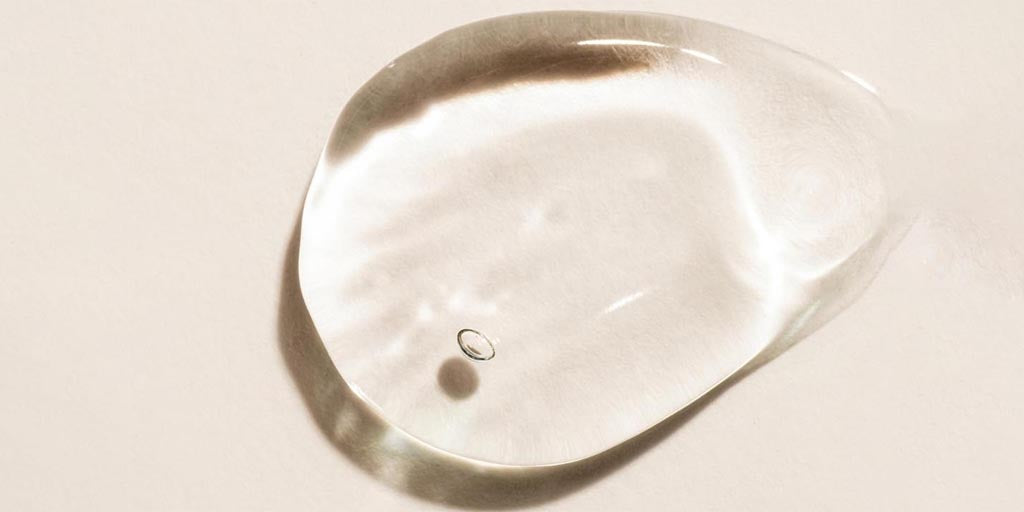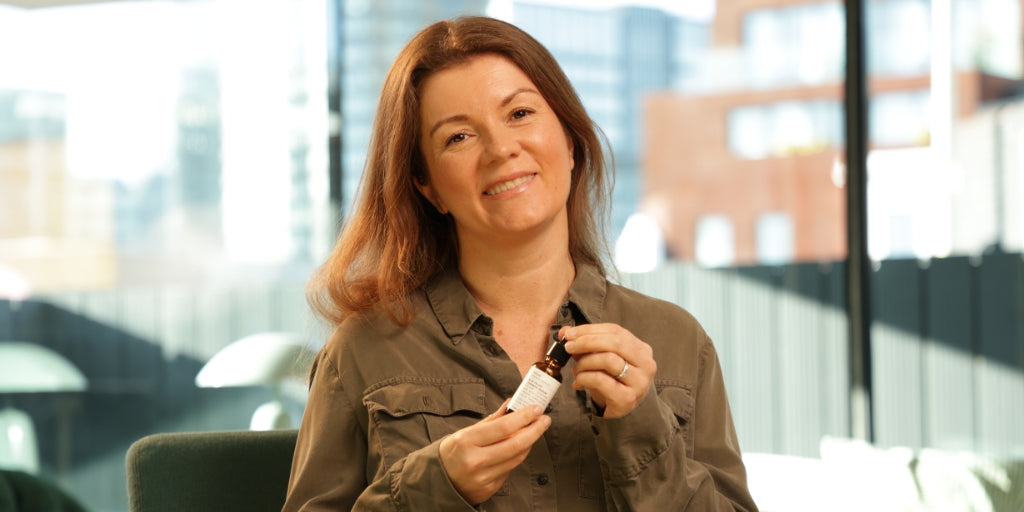This month we are focusing on loving our bodies and the body-mind connection. Although we may think that we understand the relationship between body and mind, there is a much closer relationship between the two than originally thought. The body actually affects and controls the mind, as well as the other way around, via the vagus nerve. Did you know that you also have brain cells in your stomach and your heart as well as your mind? Many people in this modern world overstimulate their nervous systems and become desensitized to chronic stress. Over time, this can lead to low vagal tone, which has been linked to a variety of mental and physical health issues.
There are two sides to our nervous system, the sympathetic nervous system which is our reactive system - or fight or flight response, and our parasympathetic nervous system which is seen as our rest and digest state. We are designed to spend most of our time in the rest and digest state, but many people in the modern world spend far too long in fight or flight until it becomes habitual.
Our fight or flight response is designed to protect us when we are in physical danger and it causes our body to feel physical responses to emotions such as fear or excitement. These psychological triggers divert precious resources in our body away from digestion and repair tasks and towards keeping us safe which leads to physiological changes from rising heart rate to producing excess sweat.
Spending too long in our fight or flight response can lead to seemingly constant pressures and worries taking over our minds. In the modern world we can no longer distinguish between physical threats to ourselves and what we read on the news or what happens in a stressful meeting.This can lead to ‘enervated anxiety’, which can be seen as a state of weakness, exhaustion and worry.
In order to combat this we need to focus on returning to our rest and digest state, and turn our ‘enervated anxiety’ into ‘energized tranquility’. This is a state of calm determination, meaning that we teach ourselves to take our minds into a new place of calm by slowing down and enjoying self care rituals that look after both body and mind.
How we treat our bodies, such as our diet and wellbeing, can also affect our mind. Foods such as sugar have been a prominent part of western diets for centuries now, but 500 years ago we would’ve been extremely lucky to have come across it. Now it is so prominent in our diets that the average Westerner consumes around 3lbs of sugar a week, and whilst it is common knowledge that this is not having a great effect on the health of our bodies - it can also have negative effects on our brain. Sugar has been found to shrink certain areas of our brain that are responsible for memory and mood regulation, meaning that it can lead to a decline in positive moods and has even been linked to increase in depression.
Similarly, physical activity can have a hugely positive effect on our bodies and minds. We all know that getting our bodies moving through physical activity has an ability to reduce risk and alleviate ill health, whether it means enjoying a gentle morning yoga routine or a daily walk through nature. But physical activity has also been linked to various experiences of mental wellbeing such as positive mood changes, raises in self-esteem and body image, and even cognitive functioning.
We should all cherish the profound relationship between our body and mind, and learn to uplift it by treating ourselves with kindness, care and gratitude each and every day.





